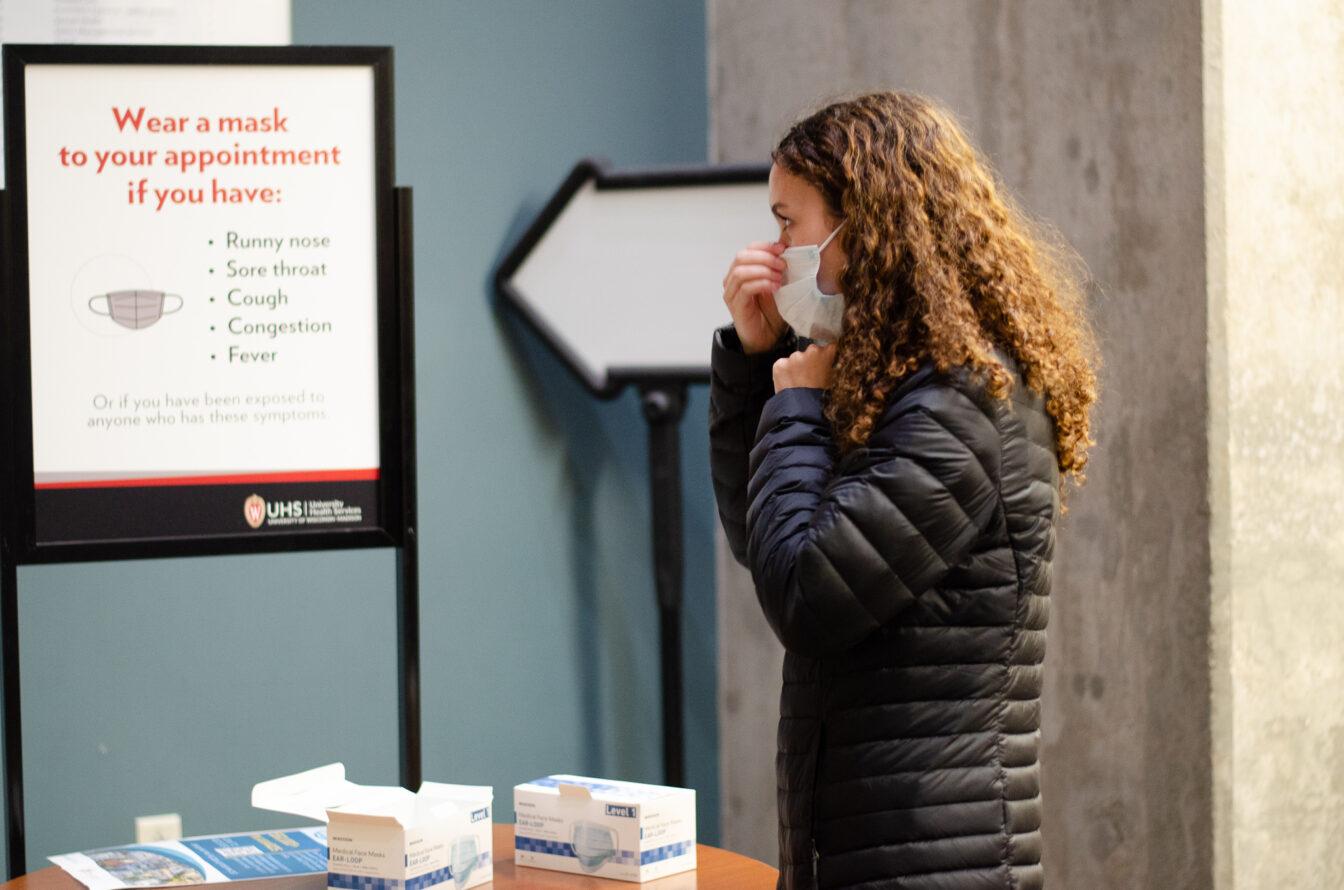Public Health Madison & Dane County have reported an increase in cases of whooping cough, also known as pertussis, with 142 individuals testing positive so far this year, according to WKOW.
Morgan Finke, Communications Coordinator at Public Health Madison & Dane County said the initial signs of pertussis include a runny nose, low-grade fever and a mild cough.
“During this time, individuals are still able to spread the disease,” Finke said. “That’s what makes pertussis so tricky, it is so easy to spread and people don’t always know they have it until it becomes a lot more serious.”
After about a week, the illness can escalate, leading to more severe symptoms such as difficulty breathing, vomiting and the characteristic whooping cough, according to the CDC.
Finke advises students who suspect they have symptoms to consult their healthcare providers promptly, as they may be able to prescribe antibiotics even if symptoms are not yet apparent. Finke said these strategies can help combat the growth of bacteria and prevent further transmission.
If someone tests positive for whooping cough, the most crucial step is to stay home and avoid contact with others, Finke said, adding that public health staff may reach out to provide guidance and notify anyone who may have been exposed.
The recent surge in cases appears to correlate with a return to pre-pandemic levels of pertussis, Finke said.
COVID-19 mitigation measures—such as wearing masks and social distancing — previously reduced the spread of various respiratory illnesses, including whooping cough Finke said.
“Now that we’re kind of returning to life as it normally is, where less folks are masking and less folks are practicing distancing, it’s not unexpected that we would see an increase in pre pandemic levels of pertussis,” Finke said.
Given the close quarters in which they interact, Finke said students are particularly susceptible to whooping cough, and that vaccination remains one of the most critical components of prevention,
A Tdap booster, which protects against pertussis, is recommended every ten years, according to Finke.
“In Dane County specifically, we have vaccination levels roughly at the national average, so this doesn’t mean that vaccines aren’t working. Finke said. “In fact, we are seeing less severe illness due to pertussis because the vaccine is helping.”
University Health Services is monitoring the increase in pertussis cases and emphasizes that vaccination is an important step to prevent whooping cough and students and employees should stay home and away from others when sick, according to the UHS website.


